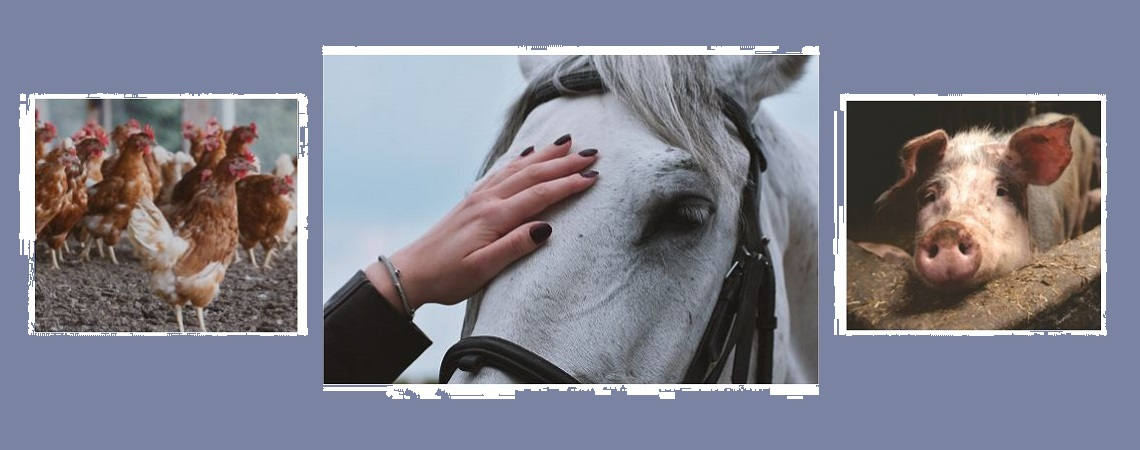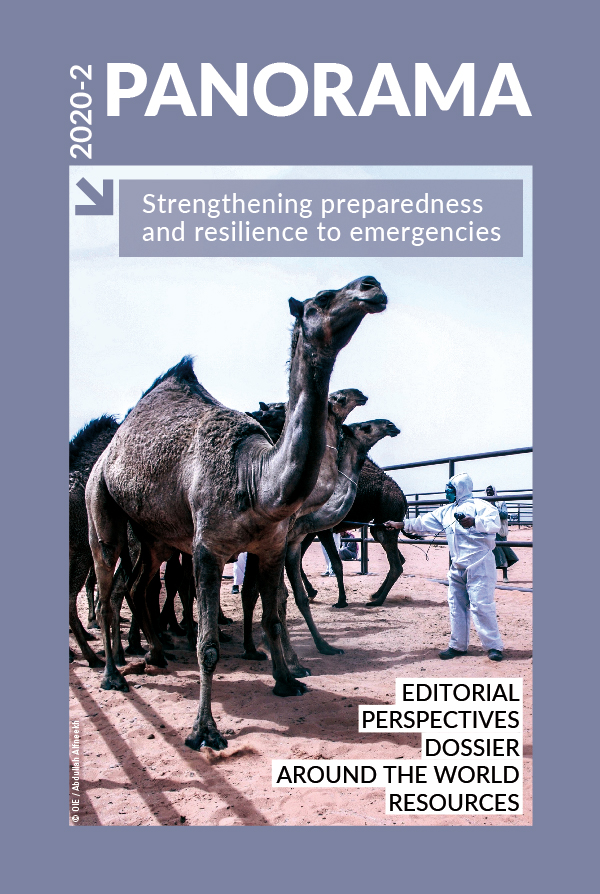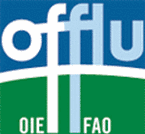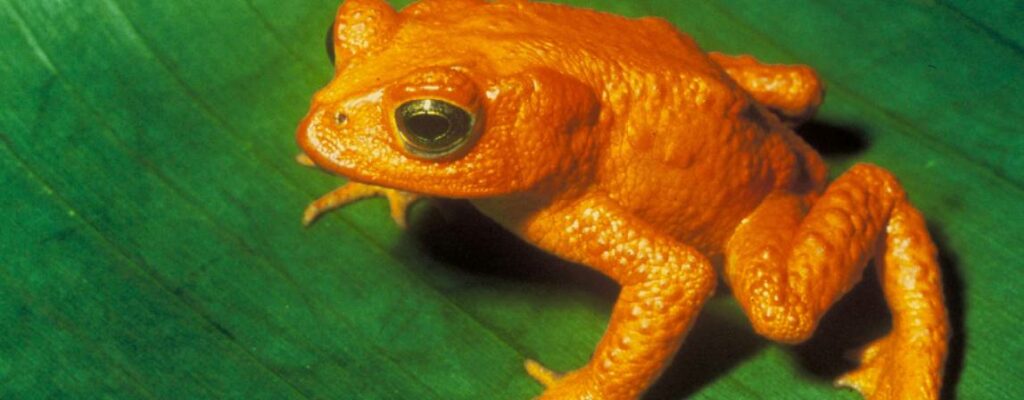Dossier Posted on 2022-03-16 18:07:03
OFFLU collaboration in the WHO influenza vaccine virus selection process
One of the main objectives of OFFLU is to collaborate with the World Health Organization (WHO) on issues related to the animal−human interface, including pandemic preparedness for the early preparation of human vaccines.
The threat of an influenza pandemic persists
Over the past four decades, sporadic transmission of influenza viruses between animals and humans has occurred. These sporadic zoonotic infections remind us that the threat of an influenza pandemic persists.
The WHO Global Influenza Surveillance and Response System (GISRS) is the global mechanism of surveillance, preparedness and response for seasonal, pandemic and zoonotic influenza. It also recommends the strains that should be used in human influenza vaccines. The periodic review and updating of viruses contained in influenza vaccines is necessary for the vaccines to remain effective, due to the constant evolution of influenza viruses, especially those circulating in and infecting humans.
Twice each year, WHO organises consultations with an advisory group of experts to analyse influenza virus surveillance data and issue recommendations on the composition of the influenza vaccines for the following season. These recommendations are used by the national vaccine regulatory agencies and pharmaceutical companies to develop, produce and license influenza vaccines [1]. Since January 2011, OFFLU’s contribution to the biannual WHO influenza vaccine composition meetings for zoonotic animal influenza data has been formalised among the Tripartite organisations. Under this collaboration, OFFLU provides for every biannual meeting a summary of epidemiological, virological and antigenic data for the previous six months on the circulating zoonotic animal influenza viruses, including H5, H7 and H9 avian influenza events and H1 and H3 swine influenza events. These data are collected from OIE/FAO Reference Centres and national animal health laboratories in countries representing Asia, Africa, Oceania, Europe and the Americas. This contribution allows crucial information from the animal health sector to be used by WHO to determine and update pre-pandemic candidate vaccine viruses for human vaccines against zoonotic viruses of concern [2].
This collaborative effort between the human and animal health sectors under the One Health approach serves to strengthen the data available for analysis and contributes to the process for updating influenza vaccine selection.
| For more information, please visit the OFFLU website |
http://dx.doi.org/10.20506/bull.2020.2.3152
| OIE web portal on interagency cooperation for emergency management |
References
- World Health Organization (WHO) (2020). – Antigenic and genetic characteristics of zoonotic influenza viruses and candidate vaccine viruses developed for potential use in human vaccines (accessed on 29 September 2020).
- OFFLU (2020). – Summary reports of OFFLU contribution to WHO VCM (accessed on 30 September 2020).











